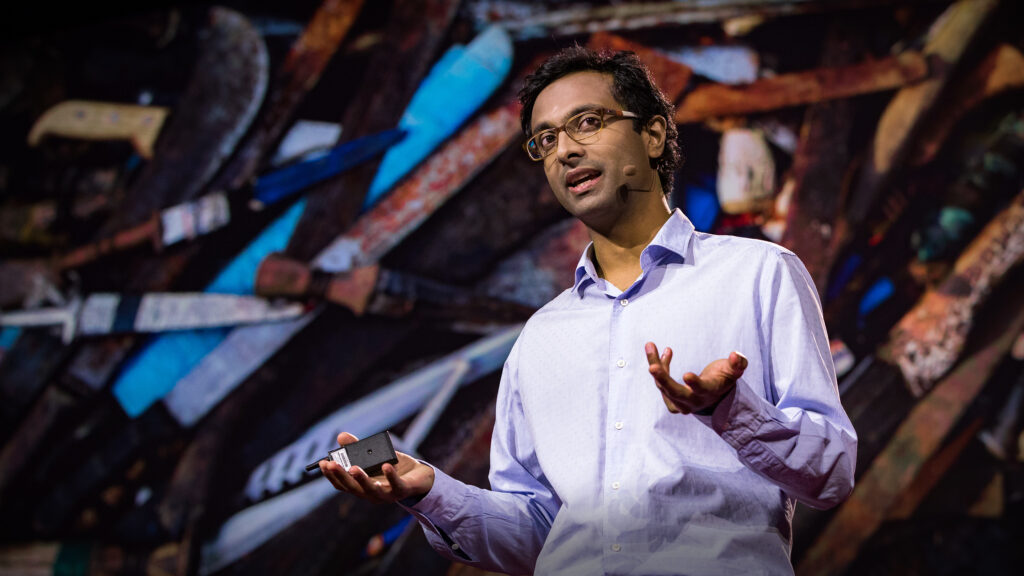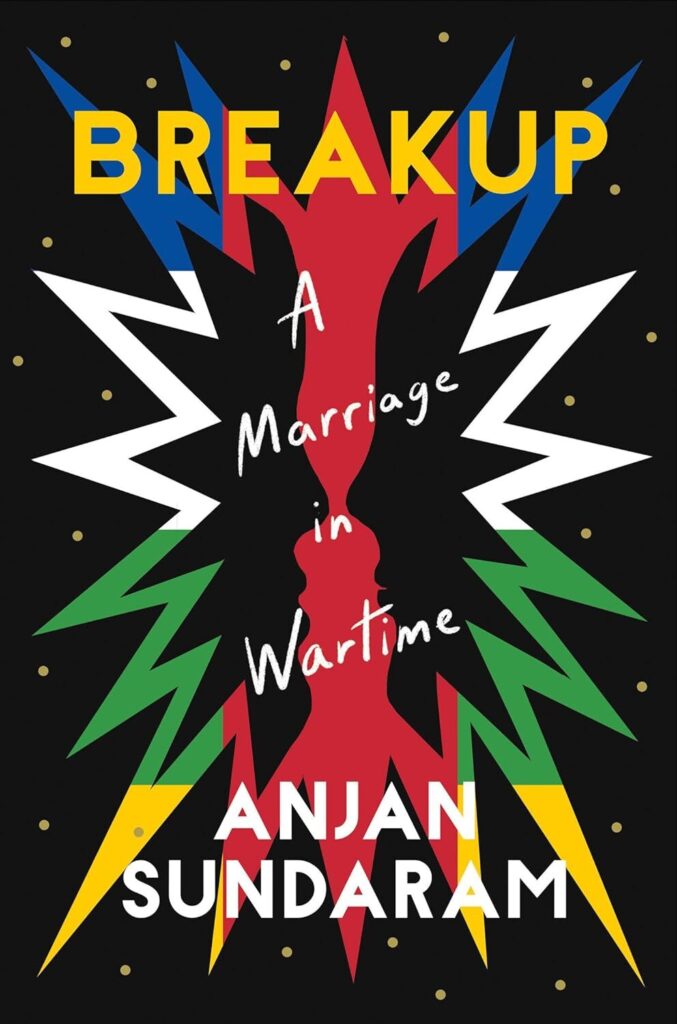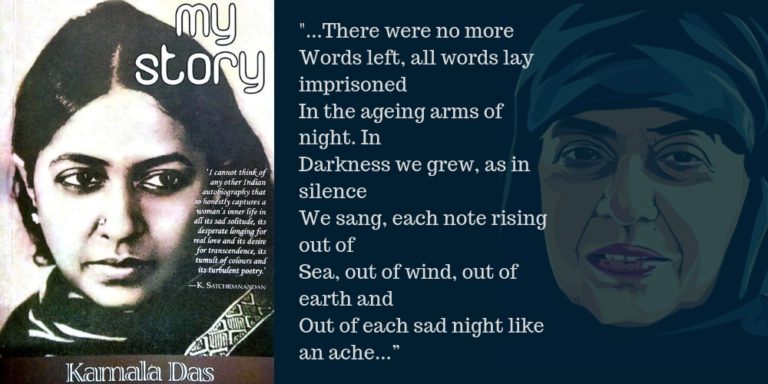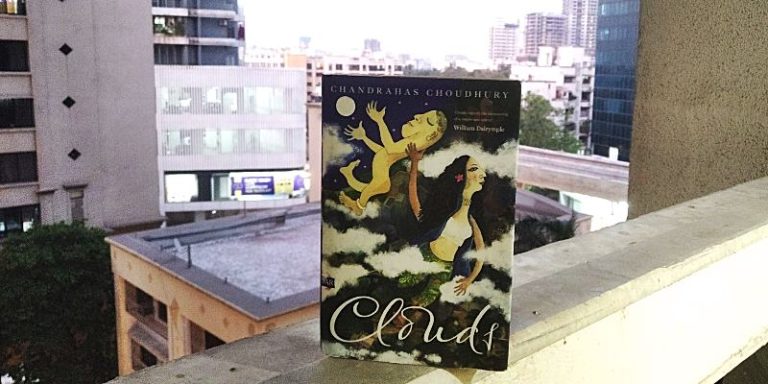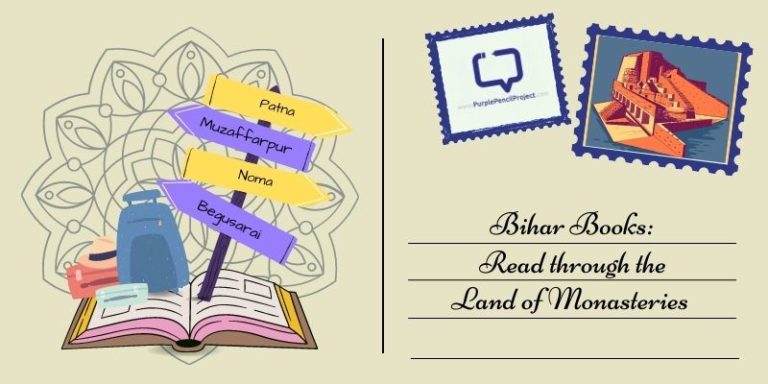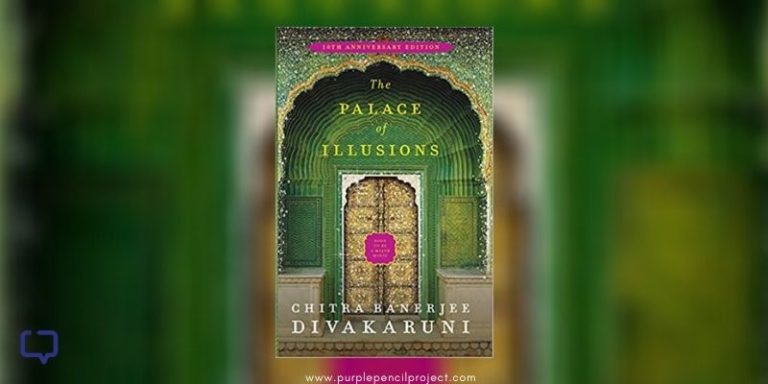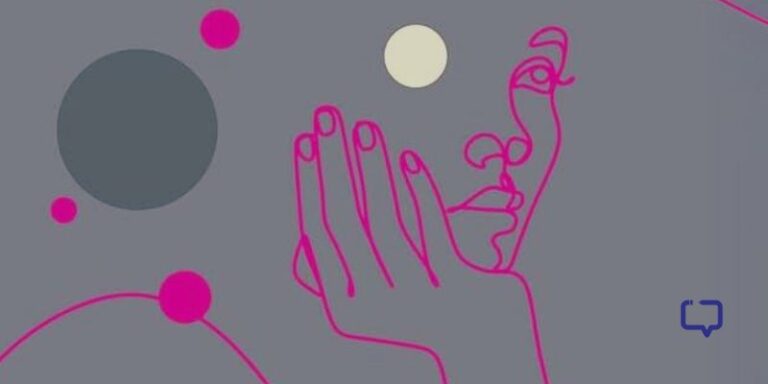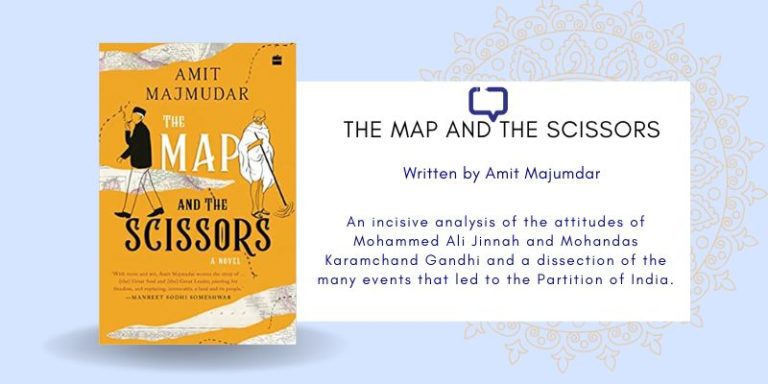Amritesh Mukherjee from Team P3 was in conversation with Anjan Sundaram at the Jaipur Literature Festival, 2024.
Anjan wants to capture the experiences and happenings of the world around him through words and stories, regardless of the medium. He’s seen leaders rise and fall, and technologies come and go, as he tries to make sense of the world around us and convey it through his creations. He’s an award-winning author, TV presenter, journalist, academician, but most importantly, he’s someone with many insights and stories to share. Some excerpts from our conversation:
In Conversation With Anjan Sundaram
Amritesh Mukherjee: Your work spans across journalism, literature, and television. Can you talk about the similarities and differences between these mediums?
Anjan Sundaram: Thank you, and it’s a pleasure to be here with Purple Pencil Project. I see myself as a storyteller. I put my stories down in words because words are a universal medium. Books are read 20-30 years later. But we’re moving into a more visual world now. People consume stories through images, videos, and TikTok. I’m open to all these mediums. In writing stories down in text, the stories are always there, and whether it’s now or 10 years later, somebody can adapt them to the medium of that day, whatever people are consuming. I want my stories to reach people. If 10 years from now, somebody adapts my stories to TikTok or cinema, that’s good with me.
I see myself as a storyteller. I put my stories down in words because words are a universal medium.
Anjan Sundaram
Writing can be quite lonely. I learn from others by working on television and collaborating with people. It’s more social. I enjoy that. It gives some balance. TV also pays more. It gives me a bit of cash to invest in my reporting on the ground and my writing.
Amritesh Mukherjee: You have a background in mathematics. How does that aid in your creative writing or journalistic career?
Anjan Sundaram: Recently, I made a TV show called Coded World about how technology, algorithms, and artificial intelligence are changing humans. I brought my mathematical background and journalism to a technological question to understand how the world changes today. That’s one concrete way. But the kind of mathematics that I did was abstract algebra, which is building worlds. You constructed worlds, and it was a very creative process. That creative process, whether it’s in maths or in telling stories, is the same. Except in maths, when you create a mathematical world, maybe 15 people in the world understand what you’ve done.

But stories are universal and transcend languages. Mathematics is a very closed language, and regular language can reach many people. I wanted to collect stories about many people and reach many people with these stories. That’s what my current work allows me to do. It’s the same thinking process of building worlds and constructing stories.
Amritesh Mukherjee: You have covered Central Africa in detail over the years. What’s your experience as an observer of dictatorial regimes arising in African countries and what’s happening in India?
Anjan Sundaram: Increasingly, I see the signs that I saw in Rwanda, I see them in India, and I wrote an article recently in The New York Times, they put it on the front page, in which I mentioned that there’s a certain reaction to colonial history and countries are trying to find their own identity. Because there’s so much hunger in the global South for leaders who criticize the West and create a new national identity, many people are willing to overlook their leaders’ fascist tendencies and dictatorial tendencies. They’re willing to overlook their crimes because they want a sense of identity and pride about who they are. And I sense this in India.
Human rights and certain concepts are universal. We can keep some, and we can push back some. I understand the motivation for indigenous pride, but they’re taking the opportunity, like all leaders in power, to collect as much power as they can and to also abuse that power.
Anjan Sundaram
People want to feel proud about being Indian, being an Indian in an indigenous way without needing to say, I went to university in America, or I went to Oxford. All those markers used to exist. People are looking for indigenous local sources of pride. Unfortunately, leaders are abusing that need to perpetrate crimes, and the populations are turning a blind eye because they’re so hungry for that indigenous sense of pride.
Amritesh Mukherjee: We have seen Western romanticization or exoticization over the years. Does it feel to you that the same thing is happening in India, where we are seeing local exoticization of what our glorious past should be?
Anjan Sundaram: Exactly, and they’re choosing one particular strand of who we are and saying that’s who we are, but that’s a national project. Unfortunately, that’s leading to the crushing of other forms of identity. What did it mean to be Indian? It meant so many things. It could be different religions or different languages.
Recommended Reading: Documenting Hate is a Kindness Too: Kunal Purohit’s H-Pop Review
The central government is choosing one strand to forget or even repress the others in this nation-building project. They’re saying that ideas like democracy or human rights are Western concepts. In pushing away the British colonial history, they’re also throwing away human rights. Human rights and certain concepts are universal. We can keep some, and we can push back some. I understand the motivation for indigenous pride, but they’re taking the opportunity, like all leaders in power, to collect as much power as they can and to also abuse that power.
Amritesh Mukherjee: You have created two television series: Coded World and Deciphering India with Anjan Sundaram. Both shows were made at a time when there was not much alarm over the topics. One was about the rising algorithm, and the other was about the state of rising Indian nationalism. How did you see those topics then, and has the perspective changed and evolved over the years since you created the shows?
Anjan Sundaram: The tendencies have become stronger. The show I did nationalist policies in India and tendencies, taboo topics, those nationalist policies have only intensified. Same thing with artificial intelligence. The effect and impact of artificial intelligence on society have only increased.

I shouldn’t take full credit for that because I also worked with producers who co-developed the ideas. In this case, it was a production house called Peddling Pictures in Singapore. A friend of mine co-developed the ideas. So, credit to the team for being ahead of its time.
Amritesh Mukherjee: Did you reconceive the onslaught of AI tools the way it has in the last year?
Anjan Sundaram: You can never predict the specific events that make some technology famous and wide. We certainly saw back then that this was going to become pervasive. It’s going to take over our lives in powerful ways. It’s going to cause privacy concerns, identity concerns, commercial concerns, human rights, all these questions. We saw that before, but it’s hard to predict the exact moment when ChatGPT will be launched and everyone will know about it. You can’t predict that. But we saw the general tendency.
Amritesh Mukherjee: Your latest book, Breakup, is about a conflict, but at the same time, it has a profound sense of storytelling inside it. How do you find that? At one point, you are a historian because you are writing about what will be history. How do you remain impassioned while also creating a story out of it?
Anjan Sundaram: They say journalists write the first draft of history. Sometimes, that draft is imperfect, but we do write the first draft of history. The journalistic process is to give every side a voice. In the first draft, we try to make it as, I wouldn’t say objective, but as inclusive as possible.
They say journalists write the first draft of history. Sometimes, that draft is imperfect, but we do write the first draft of history.
Anjan Sundaram
If we criticize someone, then we have to speak to them. That’s how we try to ensure that this first draft is inclusive and representative of the actual historical record or events.
Amritesh Mukherjee: What were some of your literary influences, authors, or books?
Anjan Sundaram: The two writers who influenced me most were Global South writers: Polish journalist Ryszard Kapuściński and V. S. Naipaul from Trinidad. They put themselves in their stories, in their reporting about the world. They were my masters and mentors, and I learned a lot from them.
Amritesh Mukherjee: Are you working on something else right now? What are you reading these days?
Anjan Sundaram: I love Kafka. I love the classics. That’s what I’m reading. I love the story of the man against the machine, the man against the system. That’s close to me. I’m currently living in Mexico and reporting on environmental defenders there who are fighting against climate change. So I’ll be writing a book on them.








